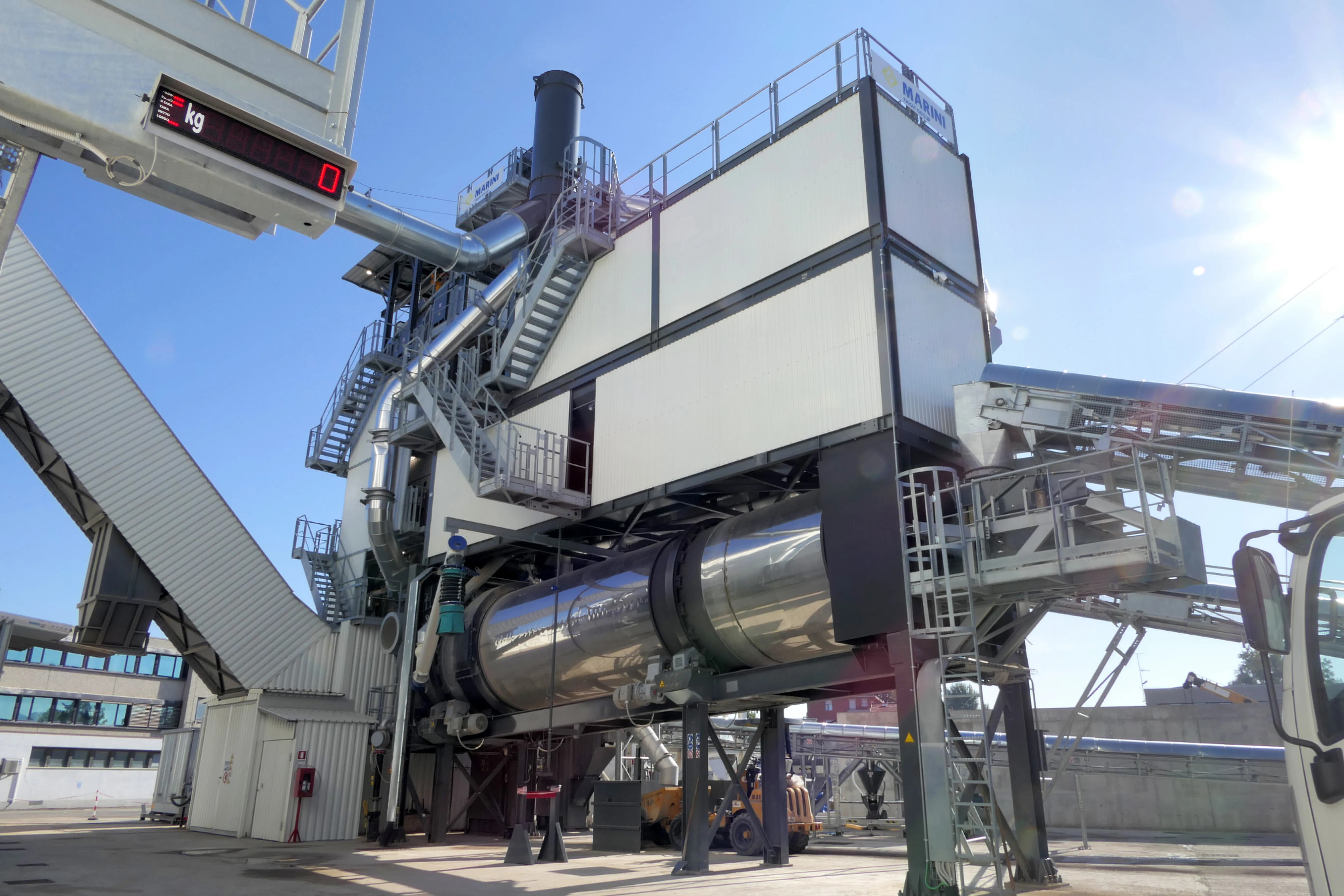The National Asphalt Pavement Association (NAPA) is organising the first-ever conference focusing solely on issues related to environment, health and safety at asphalt plants and paving sites. Beyond Compliance: Achieving EH&S Excellence, which will be co-located with the 2013 World of Asphalt event in San Antonio, Texas, aims to help companies develop a world-class safety culture. The NAPA conference first between March 17–18 is designed for environmental and health and safety managers at asphalt firms, bu
November 22, 2012
Read time: 2 mins
The 3464 National Asphalt Pavement Association (NAPA) is organising the first-ever conference focusing solely on issues related to environment, health and safety at asphalt plants and paving sites.
Beyond Compliance: Achieving EH&S Excellence, which will be co-located with the 20136069 World of Asphalt event in San Antonio, Texas, aims to help companies develop a world-class safety culture.
The NAPA conference first between March 17–18 is designed for environmental and health and safety managers at asphalt firms, but the sessions will be beneficial to anyone involved in asphalt production and construction, including construction managers, paving superintendents, safety superintendents, and inspectors.
Howard Marks, NAPA vice president for environmental affairs, said: “Beyond Compliance will provide practical, timely, and relevant information on managing current hazards and risks in the asphalt pavement industry.”
The conference will begin at noon on Monday, March 17, and end at noon the following day. The event’s environmental and health and safety content will feature world-class presenters and practitioners offering a laser-like focus on issues unique to the asphalt production and construction industry.
Hazard communication, work-zone safety practices, respiratory protection, and physical hazards, including arc flash protection requirements, will be covered in the health and safety track. The environmental track will cover stormwater control, waste disposal, dust control, and new reciprocating internal combustion engine (RICE) regulations, among other issues.
After the Beyond Compliance conference ends on the Tuesday, attendees can visit the exhibition floor at World of Asphalt/AGG1. Among the many products and services on the show floor are companies focused on helping ensure worker safety at job sites, work zones, quarries, and asphalt production facilities.
“Beyond Compliance will help companies develop a world-class health and safety culture for their facilities and thereby reduce the risk of injuries at or environmental damage from a facility,” added Marks.
Founded in 1955 with more than 1,100 current member companies, NAPA is the only trade association that exclusively represents the interests of the American asphalt producer/contractor with Congress, government agencies, and other national trade and business organisations.
Beyond Compliance: Achieving EH&S Excellence, which will be co-located with the 2013
The NAPA conference first between March 17–18 is designed for environmental and health and safety managers at asphalt firms, but the sessions will be beneficial to anyone involved in asphalt production and construction, including construction managers, paving superintendents, safety superintendents, and inspectors.
Howard Marks, NAPA vice president for environmental affairs, said: “Beyond Compliance will provide practical, timely, and relevant information on managing current hazards and risks in the asphalt pavement industry.”
The conference will begin at noon on Monday, March 17, and end at noon the following day. The event’s environmental and health and safety content will feature world-class presenters and practitioners offering a laser-like focus on issues unique to the asphalt production and construction industry.
Hazard communication, work-zone safety practices, respiratory protection, and physical hazards, including arc flash protection requirements, will be covered in the health and safety track. The environmental track will cover stormwater control, waste disposal, dust control, and new reciprocating internal combustion engine (RICE) regulations, among other issues.
After the Beyond Compliance conference ends on the Tuesday, attendees can visit the exhibition floor at World of Asphalt/AGG1. Among the many products and services on the show floor are companies focused on helping ensure worker safety at job sites, work zones, quarries, and asphalt production facilities.
“Beyond Compliance will help companies develop a world-class health and safety culture for their facilities and thereby reduce the risk of injuries at or environmental damage from a facility,” added Marks.
Founded in 1955 with more than 1,100 current member companies, NAPA is the only trade association that exclusively represents the interests of the American asphalt producer/contractor with Congress, government agencies, and other national trade and business organisations.








